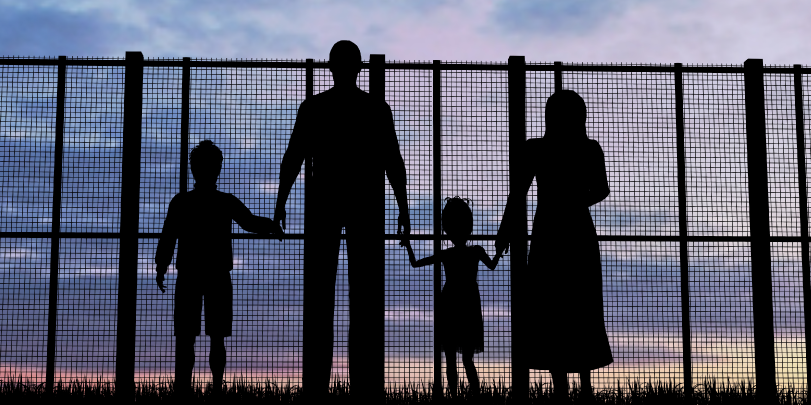Charity Spotlight: This blog post was provided by Frank Cohn, Executive Director at the Vancouver Association of Survivors of Torture (VAST), as part of our ongoing charity spotlight series.

It takes a village to raise a child, and it takes a community to heal trauma.
Since 1986, the Vancouver Association for Survivors of Torture (VAST) has been working to build and promote community response to help refugees with managing their mental health. VAST has never done this work alone, and given the complexity, urgency, and precariousness of the current situation for refugees and refugee claimants all around the world, the need for collaboration and coordination is now greater than ever.
For the individual, family, or group who find themselves newly arrived in Canada and engaged in the long process of recovery and resettlement, it is important to be able to tap into a network of services and resources, and to know that they are not alone in their struggle. Solidarity among peers and connections between migrants who have survived terrible violence can be one of the most curative forces. Best described by Peter Levine, an American psychologist who specializes in studying trauma, he explains that “trauma is about loss of connection—to ourselves, to our bodies, to our families, to others and to the world around us”.
Here in Vancouver, VAST is supported by and partners with the City of Vancouver, the private sector, and organizations who serve refugees under a multi-agency partnership to provide united support between organizations who specialize in different areas of resettlement. We’re connected nationally with the Canadian Red Cross and five other members of the newly launched Canadian Network for Survivors of Torture and Trauma, and internationally with the United Nations Fund for Victims of Torture in addition to the 150 other member organizations part of the International Rehabilitation Council for Victims of Torture (IRCT). It takes a lot of work to help refugees heal the trauma they have endured, but together alongside other agencies we’re committed to make this happen together.
According to the IRCT, approximately 50 percent of all refugees are survivors of torture, and we know that 100 percent of refugees are survivors of trauma. Their trauma—which can last from a few weeks to a few decades—will usually originate from the situation they are fleeing, but can also occur during their flight.
Once landed, refugees may also experience new or recurring trauma while integrating into a new country like Canada. They often face new struggles to provide for their families in unfamiliar spaces where they have lost their social clout and their network from home, they must work through seemingly endless bureaucratic hurdles, and they must also deal with common but subtle discrimination that occurs in Canadian society.
But effective trauma-informed work is teamwork, and we know that healing happens in communities where organizations working together and individuals support each other as they navigate through the different stages of resettlement.
Ultimately, VAST believes that healing is an act of resistance.
At VAST, we recognize that our clients are emerging from cycles of violence, and if we don’t help them heal, those cycles continue. We know that the survivors we have had the privilege of working with have tremendous inspirational strength and resiliency. After all, they made the difficult decision and found a way to bring themselves and their families to safety in an unknown and far away land from where they once called home. We also know that with the right community of support, those same survivors come back to support their newly arriving peers by filling in as support group members, staff, volunteers, and board members of non-profits dedicated to helping others settle in Canada, and private sector partners who hold the same dedication.
But most importantly with your support, survivors of trauma emerge as wonderful neighbours, colleagues, employers, and friends, for those of us already here in Canada.
Leave a Reply